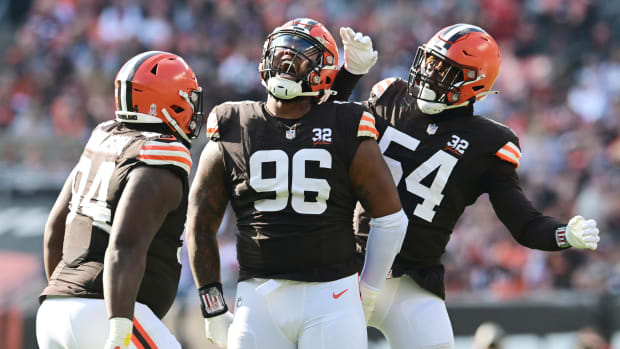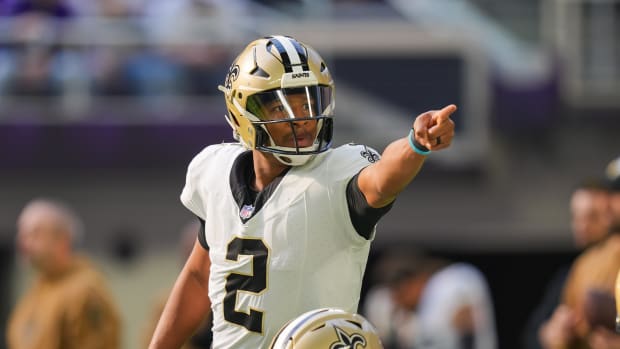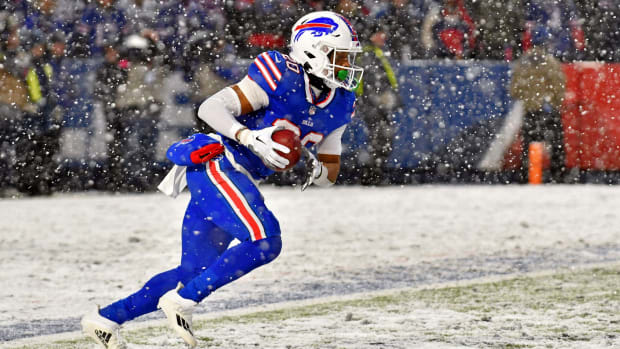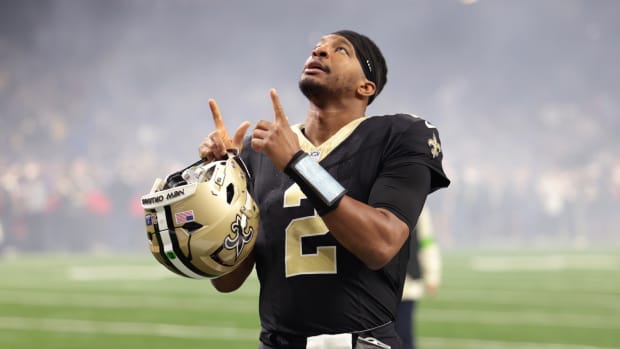In Over-Punishing Myles Garrett, NFL Creates Bigger Issue
In trying to save face and protect themselves, the NFL has over-punished Cleveland Browns defensive end Myles Garrett and created a terrible precedent the NFL Players Association will be forced to fight. The NFL upheld their appeal so that Myles Garrett would be suspended the remaining six regular season games and should the Browns find their way into the playoffs, any postseason games. This amounts to basically not wanting to see Garrett the rest of the year. On some level, people largely can be somewhat sympathetic to that.
The problem is what this unprecedented power move means for the NFL the next time they punish a player. Garrett's appeal was largely based on precedent. No player had ever been suspended for an on-field action indefinitely. The length of the suspension was also more than ever before despite this action, taking someone's helmet off and hitting with them occurring previously with Antonio Smith.
Some of this punishment is less about what Garrett actually did and how public it was, happening on a nationally televised prime time game on a day when no other games were played. It's PR, it's trying to send a message to players, fans and corporate sponsors.
Garrett will now miss at least six games, but he will also be forced to apply for reinstatement for next season. Even if that's effectively a rubber stamp, the league office has arbitrarily given itself the ability to unilaterally punish players in the future circumstances. It gives more power to a commissioner who has routinely displayed poor judgment.
This also violates the collective bargaining agreement, representing a massive power grab by the league. So the NFLPA now has to fight this, fighting at least nominally for a player that hit someone else with their helmet. An incident everyone would like to go away but keeps coming back to the forefront due to poor decisions made by various parties, including players, coaches and the league. This is a fight about what the league is trying to give itself the power to do.
Failing to fight this cedes more power to a league office that has too much already and diminishes a union of players that is the weakest in sports. Not only does this represent a rift in the immediate, but could spill over to the upcoming collective bargaining negotiations that have gone relatively smoothly to this point.
No one is defending Garrett's actions. This is entirely about the legitimate fight against the league and commissioner's office when it comes to unchecked power and the ability to arbitrarily make decisions over issues that are part of the collective bargaining agreement. They are now forcing the hand of the NFLPA to defend this for the sake of any future viability.




